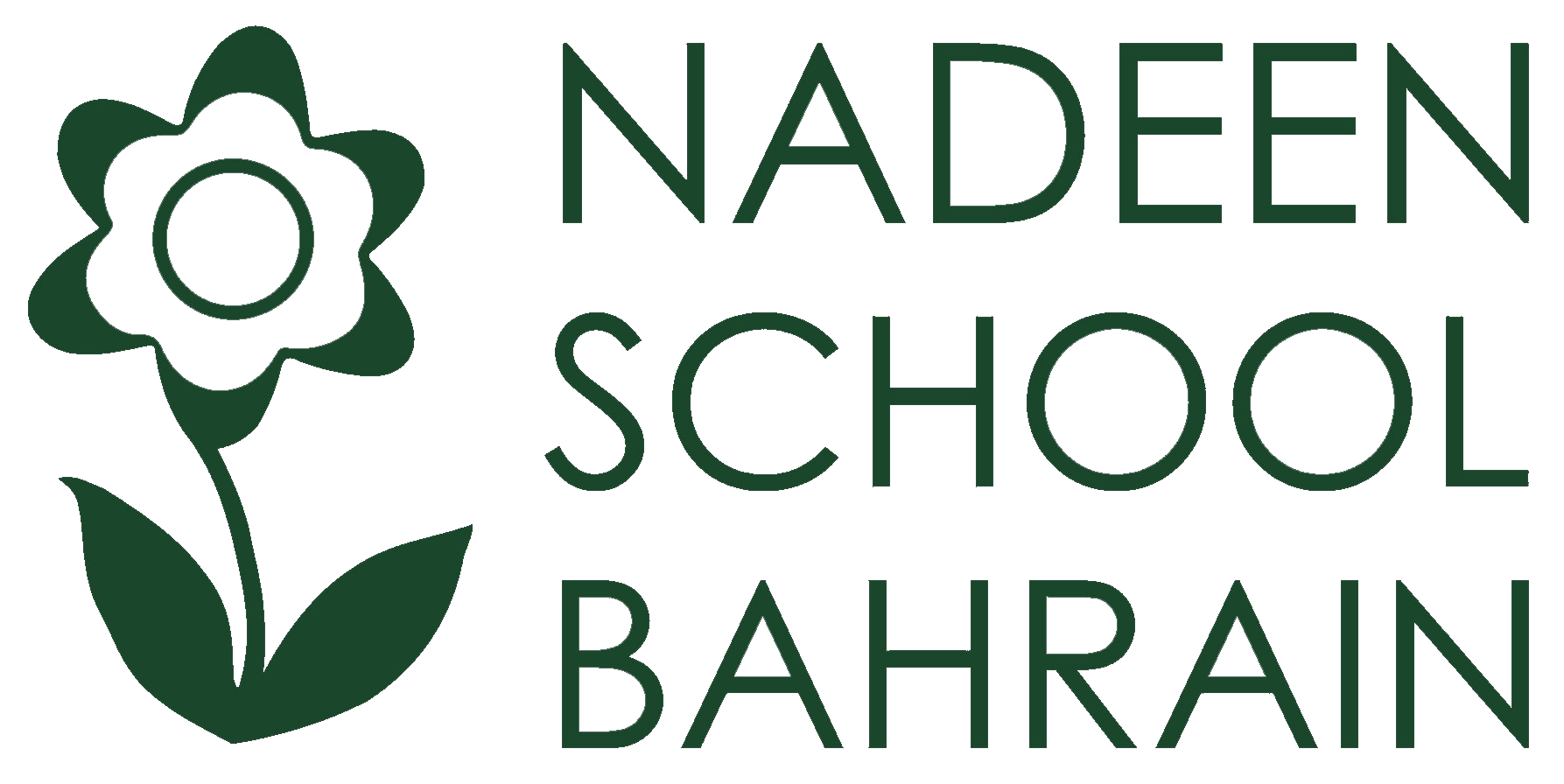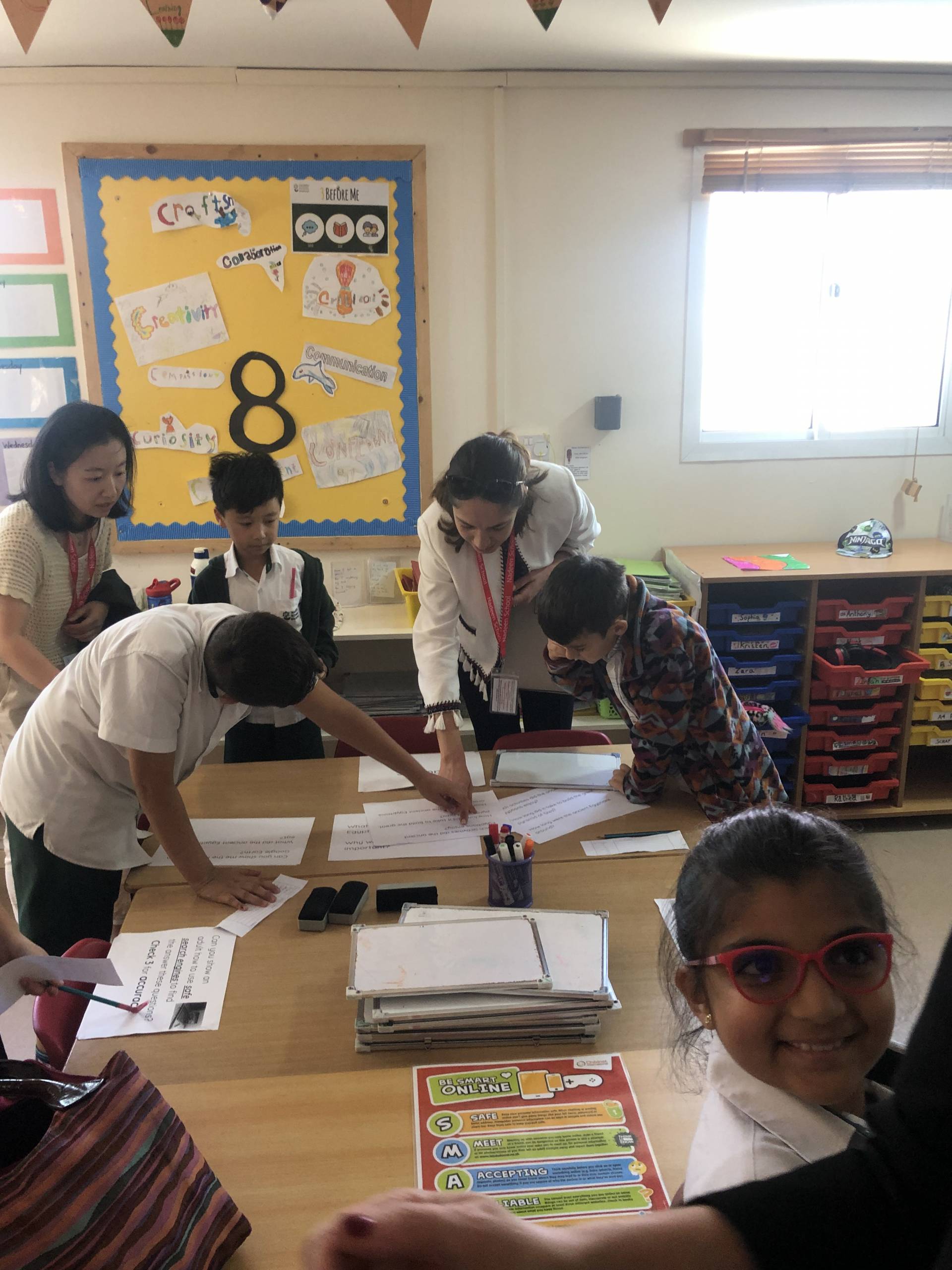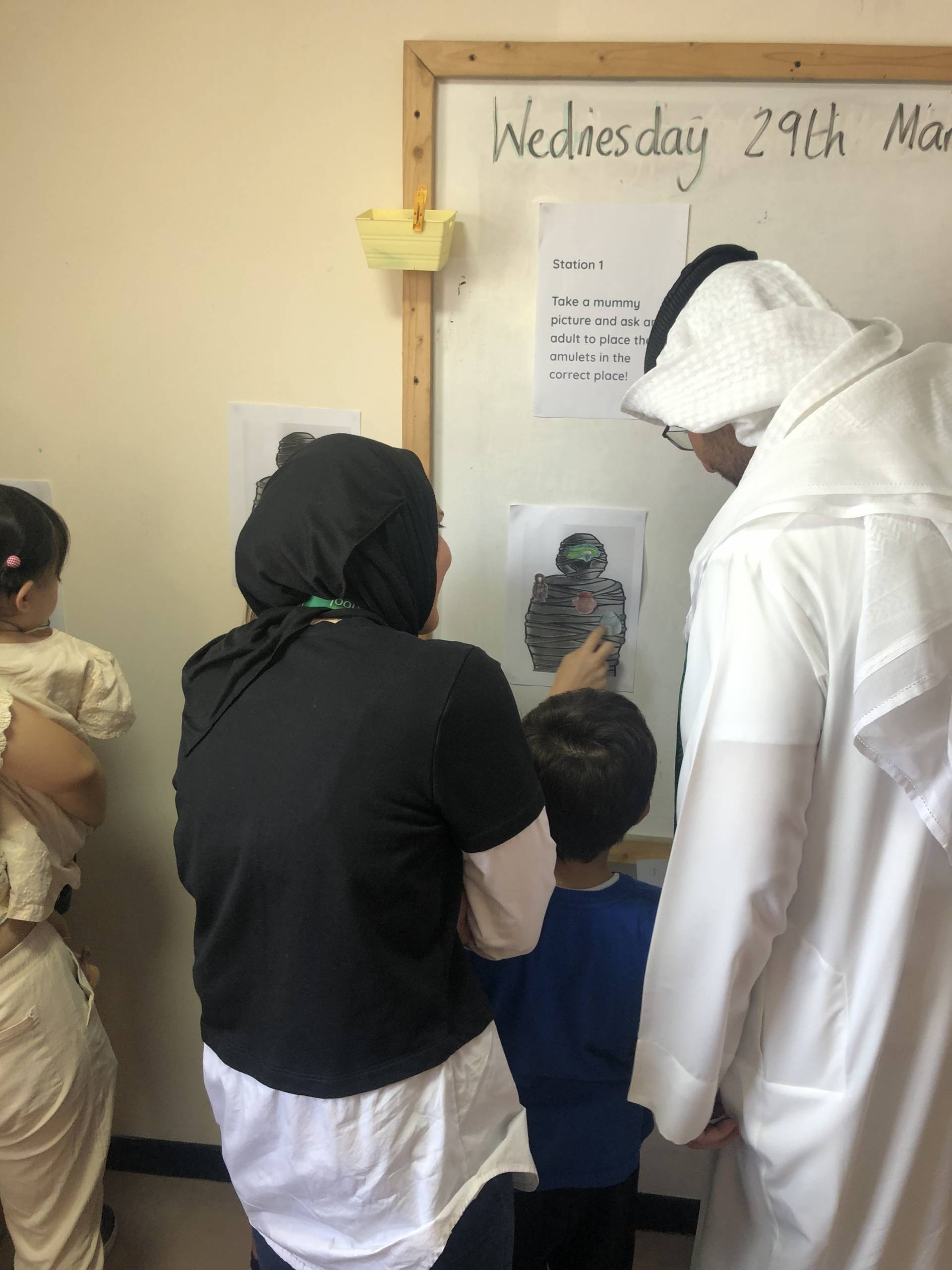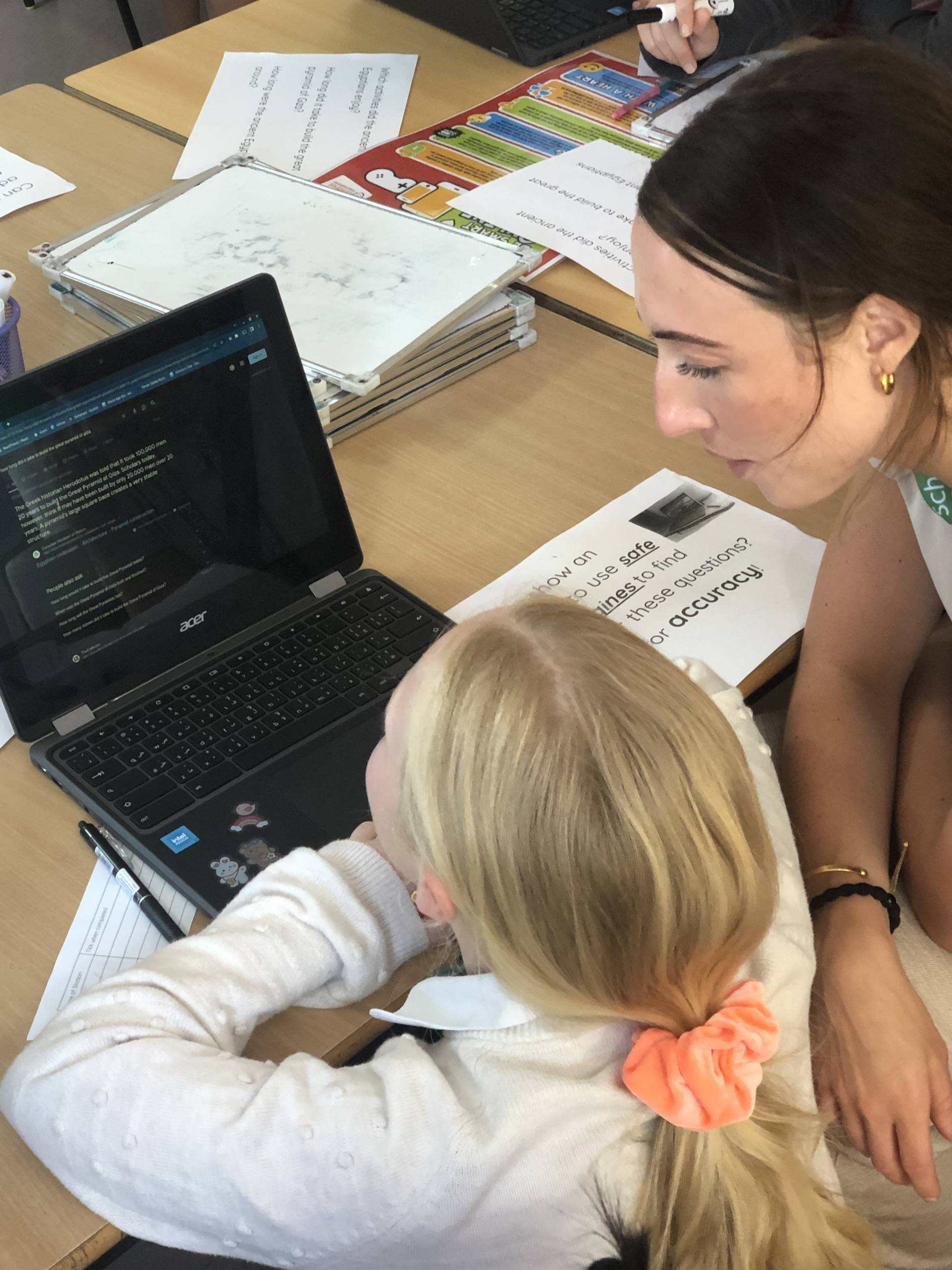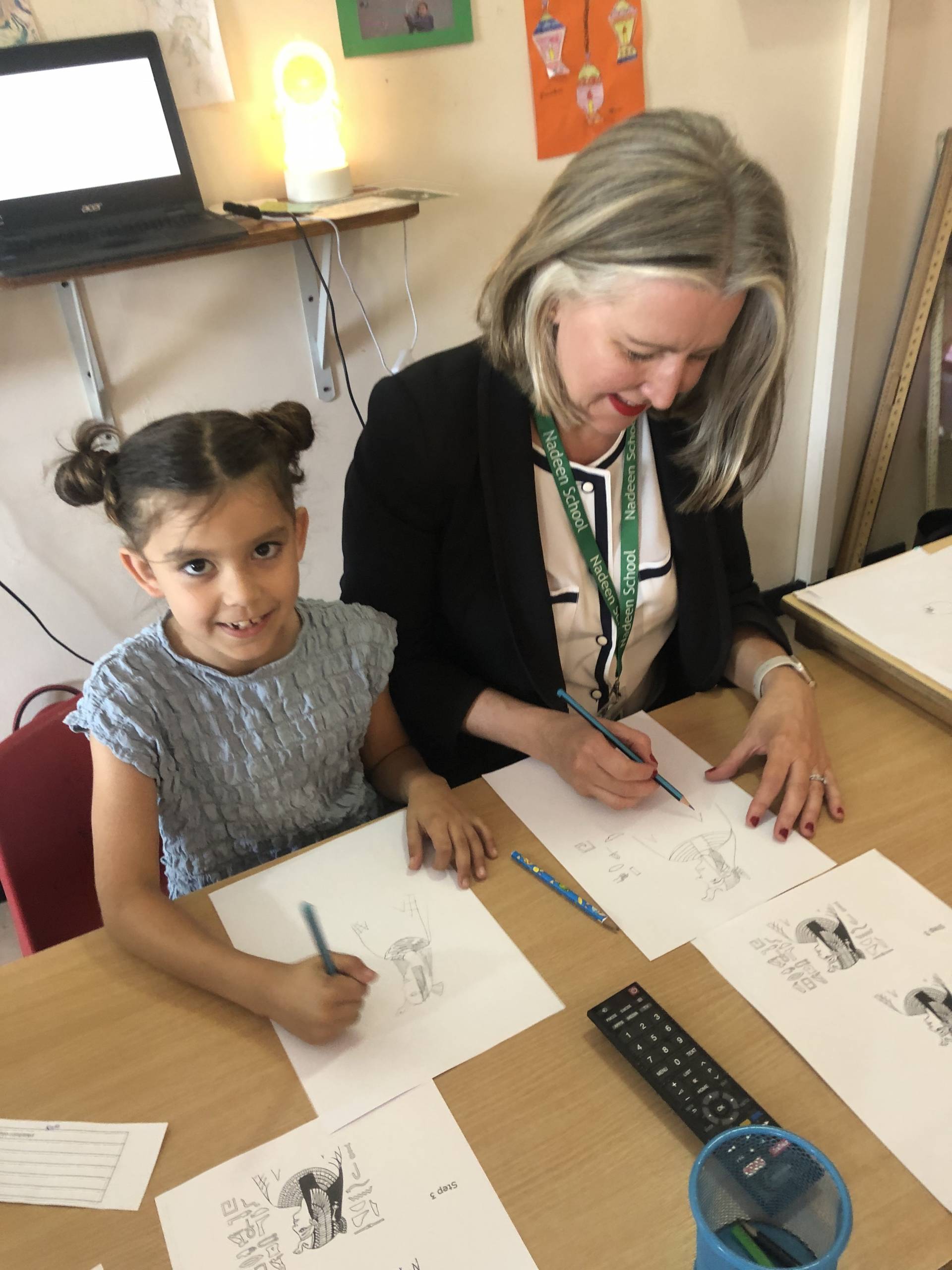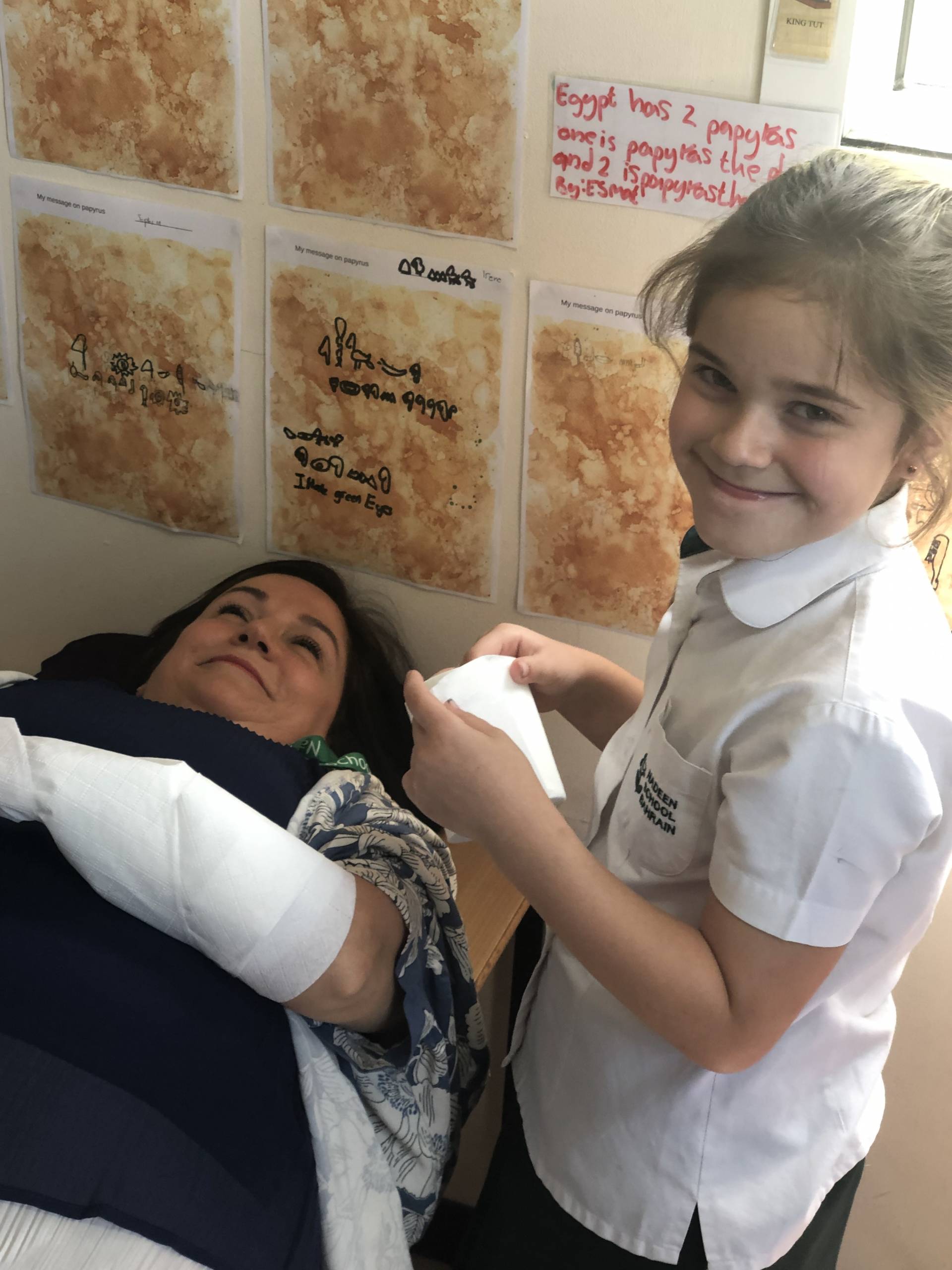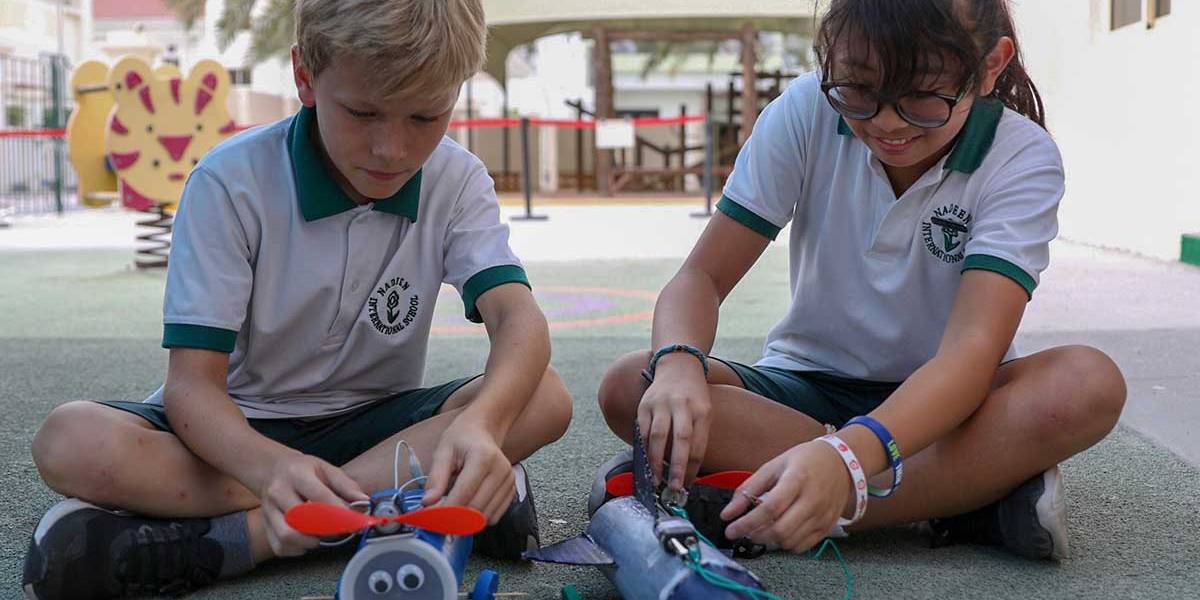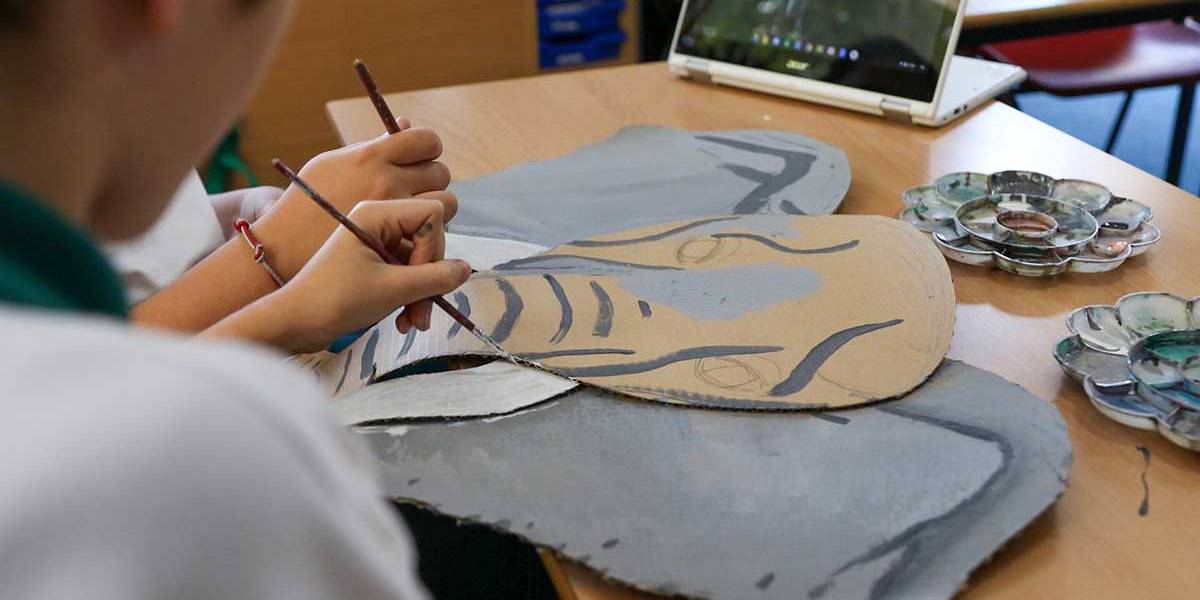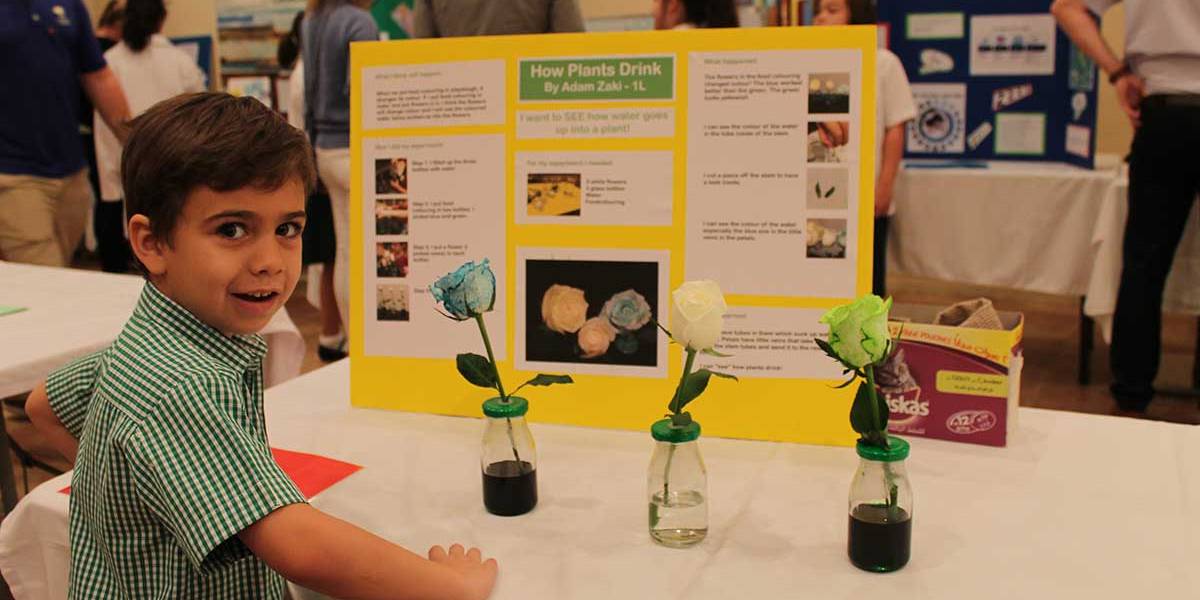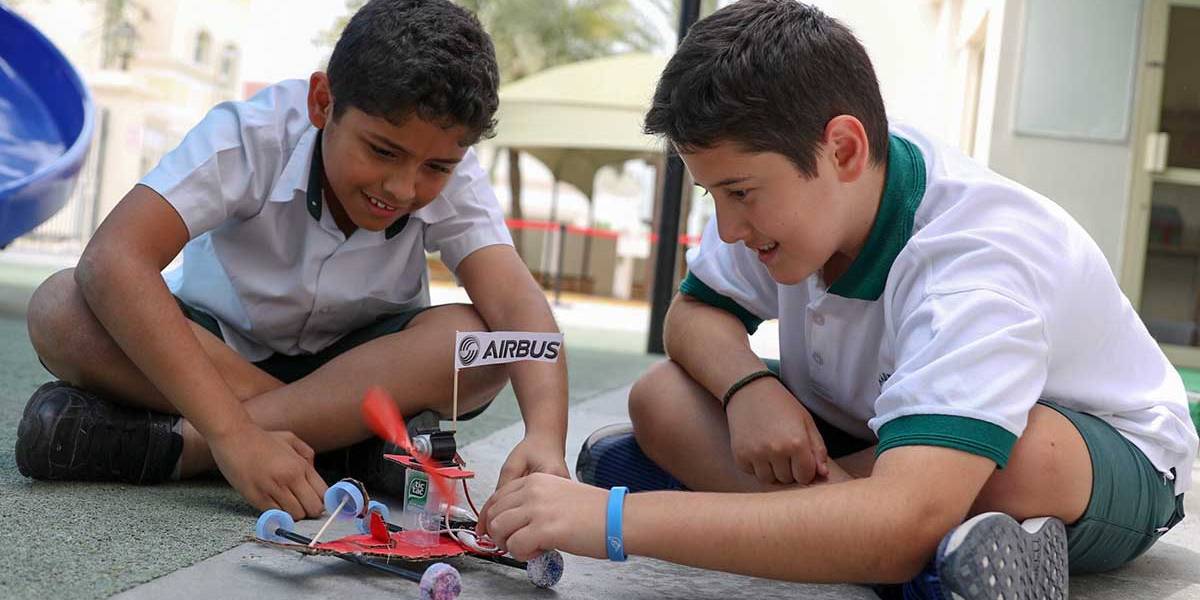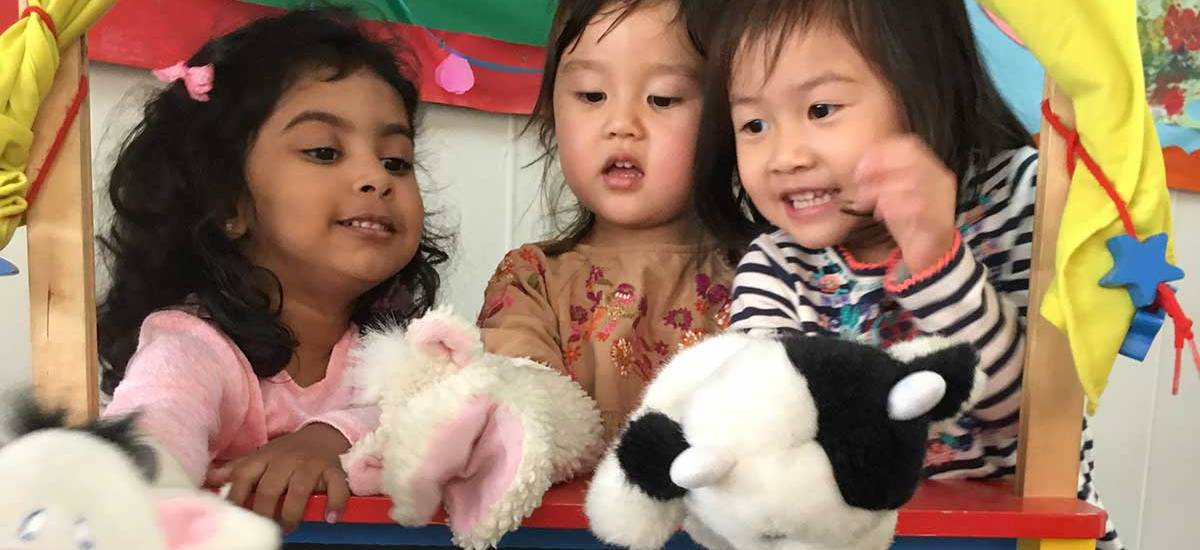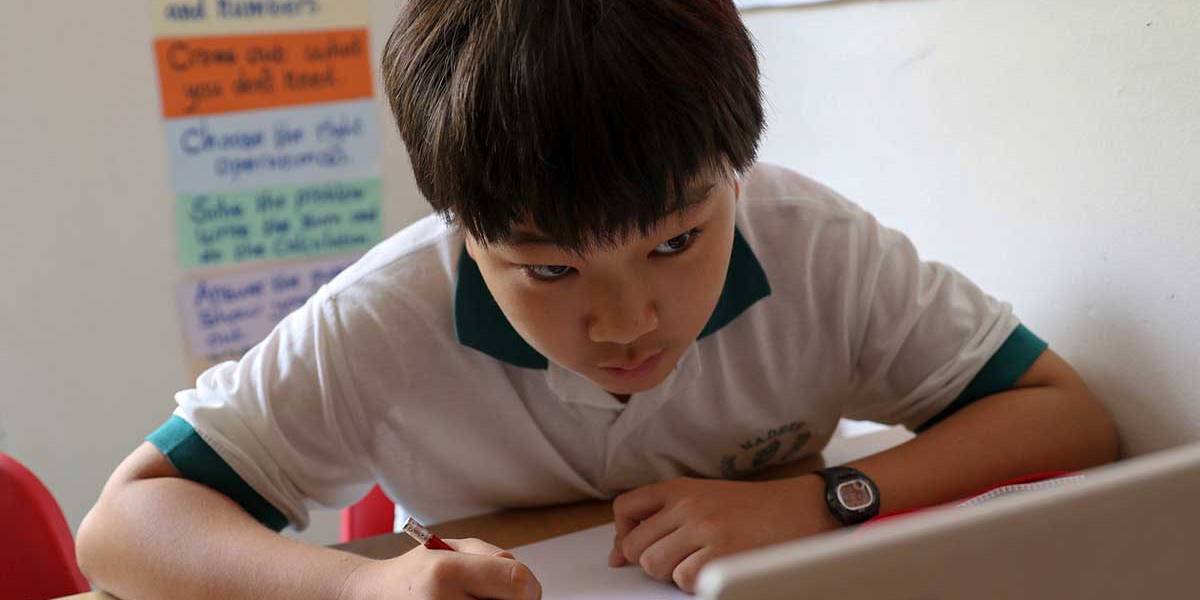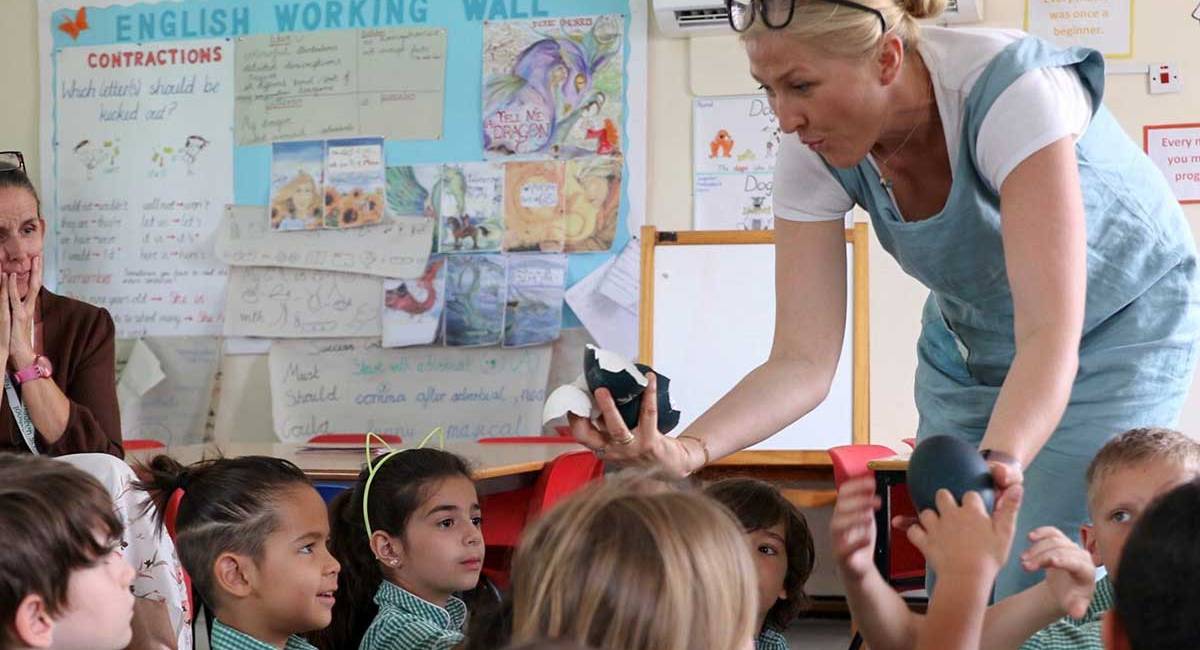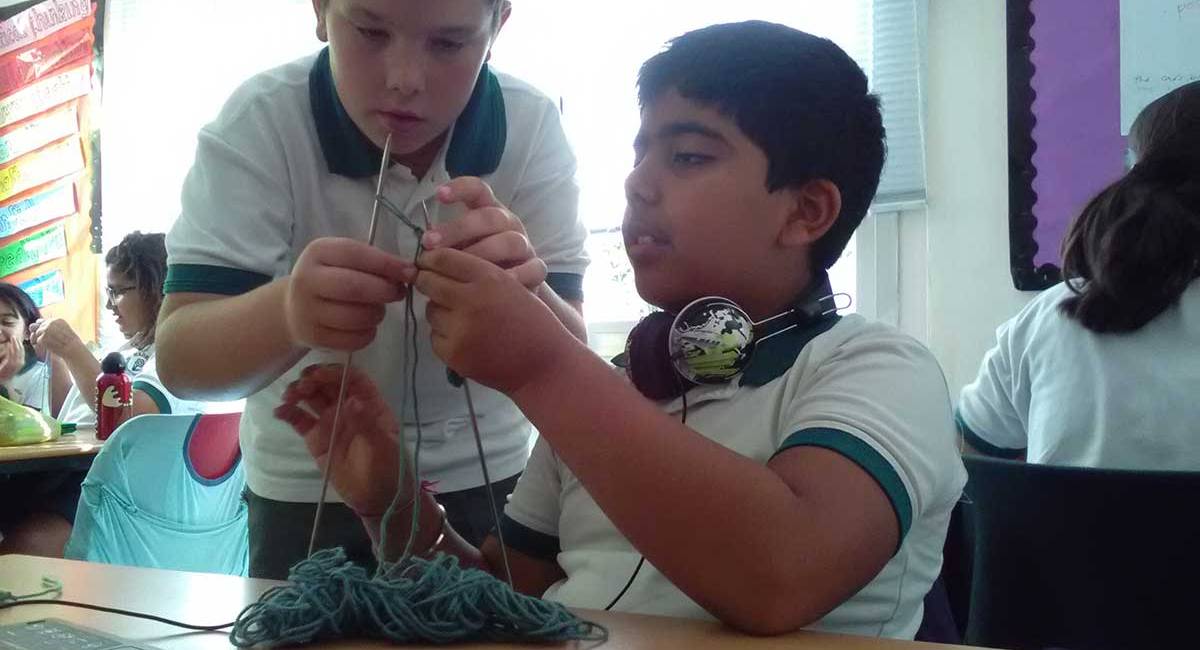Exit Point
The end of a block of learning is a time to celebrate learning that has been achieved in block. The Exit Point helps children to draw on prior learning, apply new learning and consolidate their understanding of skills and knowledge. It reminds them of the many connections between subjects they have made in an authentic and purposeful way.
An Exit Point allows time to dedicate furthering student’s understanding of their learning, as well as time to reflect both individually, as a group, or with parents. It is an important part of the Learning Process Cycle and adds gravitas to their learning experience.
Year 3 and 4 invited an external and very important audience to their Exit Point after learning about ancient Egypt. The classrooms were buzzing with enthusiastic learning conversations as the children coached and taught their families about the fascinating ancient civilsation that has impacted modern day society in such a powerful way. This Exit Point gave the students the opportunity to demonstrate all of the different skills they had learnt during their topic as well as proudly showcase their acheivements. The activities included mummifying grown-ups by following a precise process, explaining artefacts such as amulets, sketching in the style of the ancient Egyptians, showing parents how to find relevant key information by using safe search engines, checking sources for reliability, and cracking carefully constructed codes by writing using hieroglyphs.
Each class across the phase held their own exhibition at the same time throughout the day after investing time and interest in ‘how’ they wanted to lead their learning. Teachers facilitated the opportunity whilst using the time to engineer effective conversations as a final tool for formative assessment. There was an excellent display of learning throughout as the children ‘self-actualised’ and their teachers beamed with pride.
Goldstein characterised self-actualisation as an individuation, or process of becoming a “self,” that is holistic (i.e., the individual realises that one’s self and one’s environment are two pieces of a greater whole) and acts as a primary driving force of behavior in humans (Whitehead, 2017).
After completing an Exit Point for one block of learning the cycle begins, with an Entry Point for a new block where the students work collaboratively, develop curiosity, develop social skills, and become reflective learners. They participate in plenty of group work opportunities and student-led activities, showcase learning and peer teaching, as well as provide and respond to feedback in a reflective and effective manner
Roz Williamson
Year 3 Class Teacher
